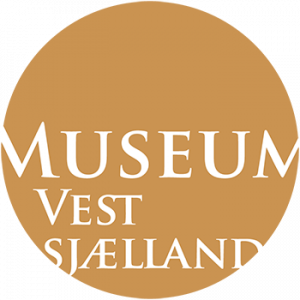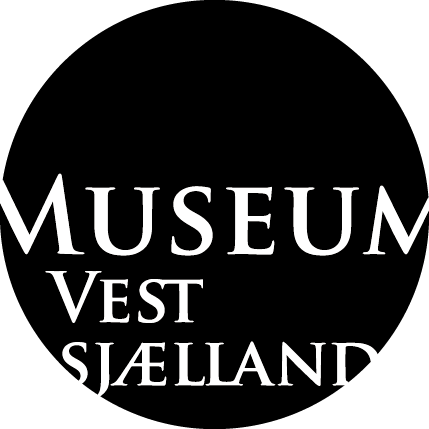Work and integration
Work and integration. Immigrants' memories. A story of successful integratoin
The purpose of the project - Work and Integration is to tell about the emergence of the welfare state through immigrants' own stories, based on Ringsted.
In 1973, 5 Turkish families came by train to Ringsted. For them, it was a whole new world. Almost 50 years later, through 20 interviews, collections and memorial cafés, we have had the opportunity to tell the story of how norms and values change over time.
Through a number of personal stories, Museum Vestsjælland tells immigration history at eye level. The result can be seen in the book HOME - stories from three generations of Turks in Ringsted
“I have inherited some sets of values from the Danish school that I have pressured my parents with. My kids have learned something different. They are more freedom-seeking than I am. They have pressured me with that. ” (Informant, Turkish 2nd generation immigrant) In connection with the collection and documentation of immigrants' memories in the local area, Museum Vestsjælland has encountered new knowledge about the meeting between the generations. This gave rise to new perspectives on the concept of integration in relation to norms and values and their development.
Integration is also something that happens in the relationship between children and parents. Eg. when 2nd generation immigrants defy parents' religious dogmas, or in the showdown with the tradition of arranged marriages and conservative family patterns. But it is also about teenage girls who are reflected in the girlfriends' beauty ideals in secret from the family. They themselves grow up and raise their own children in a completely different way than they themselves have experienced.
Integration and parenting: the role of children
The project has had very good contact with a large group of Turkish immigrants and their descendants in Ringsted. It has provided a unique opportunity to collect memories across generations. Here it turns out that it is especially in the meeting between children and parents that wrestling takes place.
The parent generation has worked hard to create a better starting point for the child generation. The adults who came to Denmark in the 70s had a hard time understanding the country they had come to. Many isolated themselves, but the children learned the language and culture. "I can help my daughter with her homework. My parents could not do that, ”says a descendant.
Over time, the children began to consider Denmark as their home. But the parents are still wandering. Every spring they return to the village in Turkey, but return to Denmark in the autumn.
Some Turkish guest workers stuck to old traditions from the village, such as arranging the children's weddings. A descendant tells how she married a man from Turkey whom she had never met. In time, she broke up the marriage and gained the support of her family for the divorce. She says that on the one hand she feels love for the culture of origin, but at the same time has also done away with the conservative values of the parent generation: "My children must choose for themselves".

HOME
In connection with the project, a book HOME has been published, with stories from three generations of Turks in Ringsted ”and the story of Ringsted's quiet success in integrating Turkish immigrants.
The book can be downloaded here as a PDF file, but can also be requested by contacting Museum Vestsjælland by email: pj@vestmuseum.dk

Photo: The Topcu family in their first house on næstvedvej 1973.jpg

Photo: Private children's birthday in the 1970s. Text: Child's birthday. When the Turkish families came to Denmark, they did not know the tradition of children's birthdays. It was something they learned through classmates and class teachers. And then it was a welcome opportunity for the Turkish families to open up their homes and invite dancers in.

Photo: Saglicak on a moped at the nursery in DK 1975.

Photo: New Year's Eve 1983, Sdr. Parkvej

Photo: Visiting Bakken 1974 Mazlum Øz_'s parents on a trip to Denmark after arrival
Project is supported by: Trelleborg Foundation - in collaboration with Sydbank, the Ministry of Culture's pool for non-profit cultural projects, Fire of 1848 FOUNDATION, Folkeoplysningsrådet Ringsted Municipality and LO Midtsjælland.

